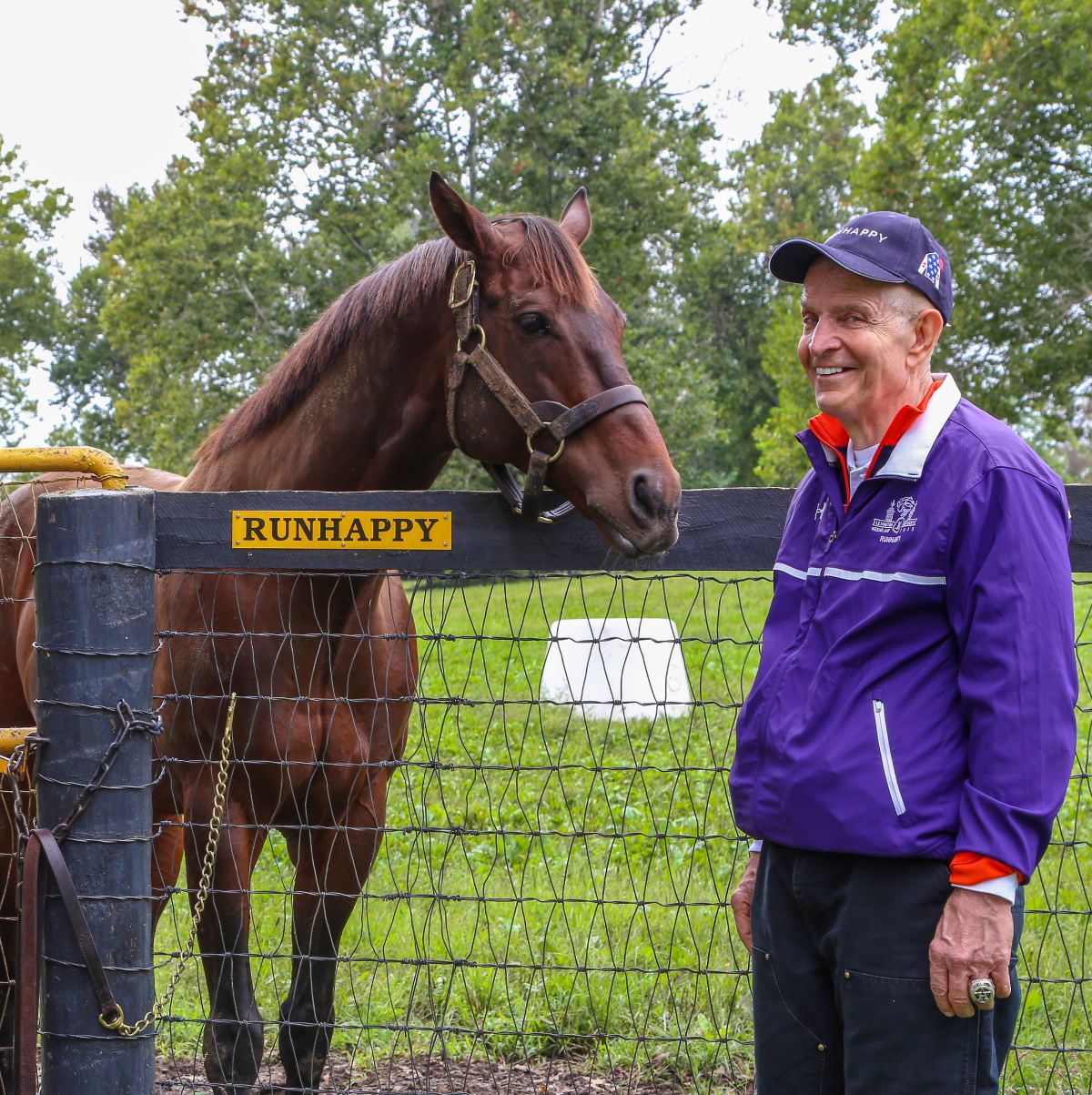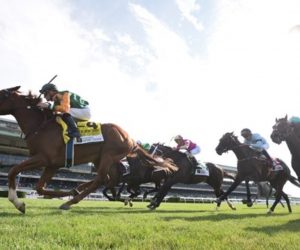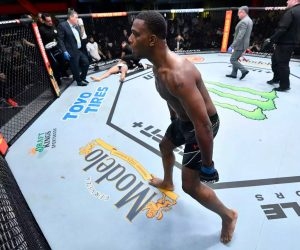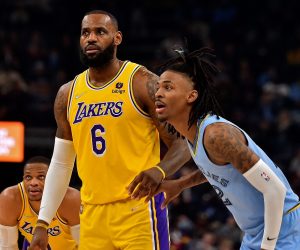When Jim “Mattress Mack†McIngvale was looking for a site on which to drop a $2.4 million wager on Essential Quality to win the Kentucky Derby, he remembered what he was at heart.

McIngvale has been called many things over the years. An entrepreneur. A furniture magnate. A media darling, known for his outsized wagers tied into promotions for his Houston-area furniture stores. He’s all of those and more. But at his heart, McIngvale is a horseman.
The owner of nearly 60 Thoroughbreds, including 2015 Breeders’ Cup Sprint champion Runhappy, the multi-hyphenate McIngvale campaigns the champion sprinter as a Claiborne Farm stallion. That’s why you see “Runhappy†signs at racetracks from California to Kentucky. McIngvale is so passionate about where people should bet the horses, in fact, that he wrote an 852-word press release Wednesday pleading for horseplayers to play at the track.
Which is exactly what McIngvale did with his latest wagering promotion.
Publicity came in — $2.4 million went out
During Derby Week, McIngvale announced his latest promotion. Buy a $3,000 mattress at one of his Gallery Furniture stores and, if the Derby favorite – in this case, Essential Quality won – you’d get your money back. Toward that end, McIngvale reeled in his usual trove of publicity.
That blew up exponentially when McIngvale announced he’d wager at least $2 million on Essential Quality as a hedge. McIngvale sent the money to Churchill Downs, placing the wager at the track. That move benefitted both Churchill Downs and the horsemen and women who ply their trade there.
McIngvale said his bets accounted for $240,000 in purses for the track’s overnight races. Those non-stakes races fuel horse racing, accounting for 85% of races at American tracks.
McIngvale lost $2.4 million, but smiled all the way
McIngvale lost his $2.4 million when Essential Quality finished fourth. But he said — in the proverbial voice of the salesman everywhere — he made it up in volume. “We sold a boatload of mattresses and had a lot of customers snapping their fingers during the Run for the Roses,” he wrote.
Then, McIngvale got serious about why he snapped down his collective seven-figure wager at the track.
“Purses are the lifeblood of American racing – it’s what makes our racing unique and is vital to its sustainability,†he wrote. “There’s a substantial difference in the money that goes to horse owners if a bet is placed onsite at the track or if it’s bet through an online platform, simulcasting, a casino, or off-shore. It also makes a big difference to the track staging the races, with the significant costs entailed in building, maintaining, and staffing the facility.â€
Track wagers lead to bigger purses
McIngvale said the casinos “worked hard to get my action†when he was making his various seven-figure World Series and Superbowl bets. But, McIngvale said he never gave that option serious thought when it came to the Derby.
“It was an eye-opener to learn what it meant in additional dollars for horse owners if I made the largest Kentucky Derby bet in history at the home of the Derby instead of a casino or online,†McIngvale wrote. “Had I made my wager in Las Vegas, where the casinos do not have a contract with Churchill Downs and therefore could not bet into the pari-mutuel pools, no money would have flowed back to Kentucky horsemen. If I bet anywhere but on track, at best the funding to purses would have been about half. At worse, zero.â€
At the same time, McIngvale praised the advance deposit wagering apps that kept the sport going during the depths of the COVID-19 pandemic. But he took pains to point out not all ADWs kick a good percentage of their take back to their tracks.
Not all ADWs are created equal
That was a common warning track officials throughout the country issued last year. Even with ADWs going full-bore last year, many tracks saw only three to six cents for every dollar wagered.
“If we care about the industry, the last place we should bet is offshore or with casinos that book the bets and don’t contribute anything to our mutuel pools or purse account,” McIngvale wrote. “Offshore sites might offer lucrative rebates – but they can do that because they have no outlay for the cost of putting on the product. I’m not bashing reputable online betting operations or simulcasting. The pandemic proved how vital ADW operations are to racing, how we were able to stay in business with spectator-less racing while other sports were shut down.â€
Again, McIngvale took this step because he’s a horseman at heart.
“For the long-term viability of the sport, those who work in and/or love horse racing should learn where the money goes and take seriously betting where it maximizes purses,†he wrote.











